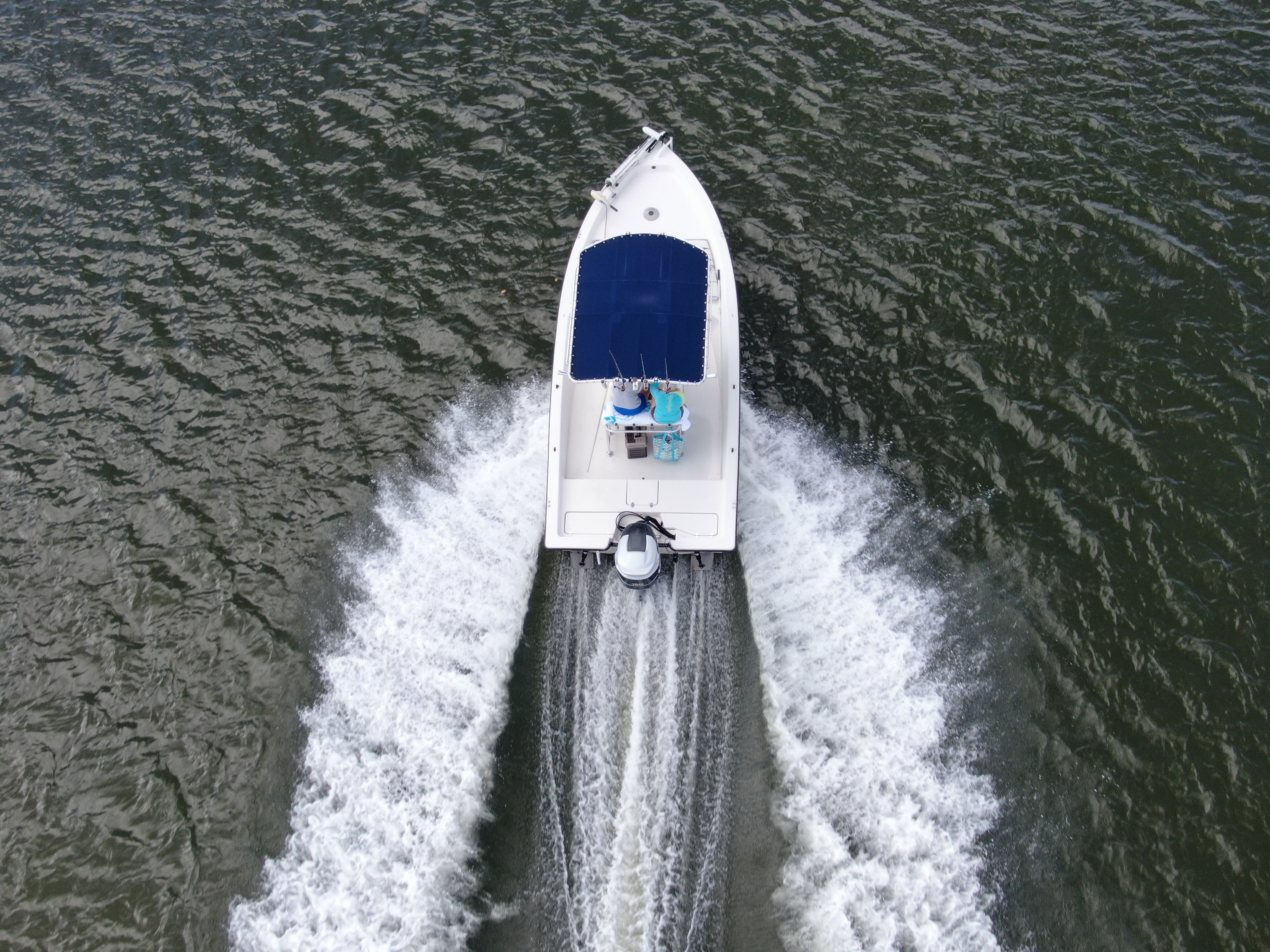As the boating season continues, boaters are spending more and more time on the water. While this is a time to enjoy your boat and the nice weather, it is also a time when perils and risks are most prevalent.
» MORE: A Guide to Boat Insurance Claims
More boats on the water increase opportunities for distraction, stress, and unfortunately - accidents. Practicing mindful operation at the helm of your watercraft can build safer habits on the water.
Distractions like talking to your passengers or texting instead of paying attention to the waterways can create a stressful situation. Mindful, present boaters can snap out of the daze and focus on the task at hand. This will make your outing safer and less stressful - not only for you but for every boater around you as well.
Here are some tips to practice mindful boating and stay safe on the water.
Tip #1: Reflect
Take a step back to reflect on your current boating habits. Are there any specific areas you can identify for improvement? Maybe you go into autopilot at certain times or forget to follow the markers on the water. These are all things that can be improved upon. If you can find small ways to improve your operating habits, it can have a significant impact in the long run.
Tip #2: Remain calm and relaxed
To remain calm, you must start calm. If you’re having a bad day and feel super stressed, perhaps postpone launching until you feel more at ease. Of course, stress means different things for different people, so it’s important to find your groove and know when you feel at your best - physically and emotionally.
Example: Let’s say you didn’t get a good night’s sleep before a big boat trip. The next morning your family can’t load the boat on time and it puts you in a bad mood. To avoid this type of angry boating, try to adjust your sleep schedule to make sure you start the day well-rested. More sleep will make you less irritable, and hopefully, your mood won’t be affected if something doesn’t go according to plan.
Whatever the situation, try to identify these issues and work to resolve them. When you can recognize an issue, you can take steps to change it. This will not only make your boat trips safer, but more fun as well.
Tip #3: Slow down and boat at a safe speed
Slowing down will help ensure safety for everybody on the water, including you, your passengers, and other boaters. Maintaining a moderate speed may seem like a given, but oftentimes you may be going faster than you think. Be mindful of your speed.
» MORE: 2021 Boating Safety Tips
When boating at a safe speed, you are helping to avoid a reckless incident. And to top it off, you won’t get that stomach-sinking feeling every time you see the harbor patrol passing by.
Tip #4: Cut out the distractions
Technology, like smartphones and other devices, is often a distraction for boaters. Many operators will use their cell phones while behind the wheel. But, putting down the phone will reduce your chances of getting into an accident. Not only is this good for safety reasons, but it also allows you to unplug and enjoy the beautiful scenery a boat day provides.
Of course, technology has drastically evolved in recent years and provides boaters with basic navigation tools. Your GPS, VHF radio, and even smartphone are still essential when it comes to emergency communication and navigation.
» MORE: Marine VHF Radio Overview
It’s important to remember that technology can also be a serious distraction when you’re boating. Before using a device, familiarize yourself with it and set it up before starting your trip. At the end of the day, technology can be both a helpful resource and a dangerous disturbance.
Tip #5: Take a break when needed
The longer your trip, the drowsier you can get (especially when in the sun all day). A lack of alertness increases your chances of something going wrong. Give yourself extra time to rest during long trips. If you need to take a 15-minute nap to refresh - do it. Long trips become a lot less stressful and dangerous when you devote more time to rest and hit the restart button.

